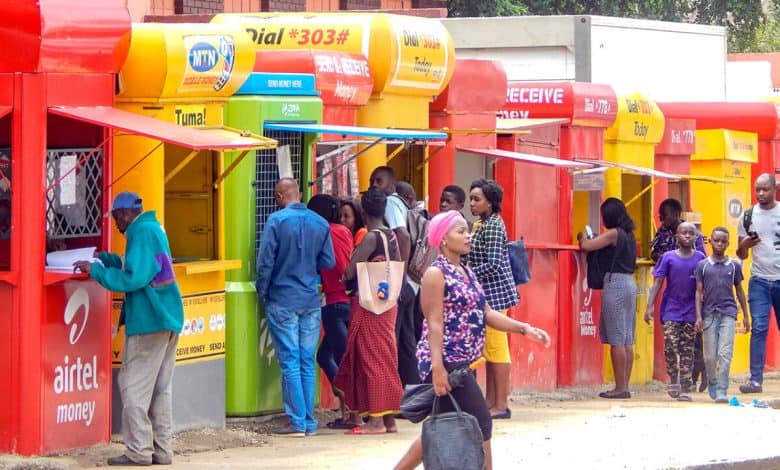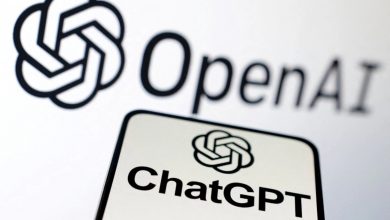
The Mobile Money Agents Association of Ghana is calling for a reduction in the 1.5 percent electronic transfer levy rate to 0.1 percent in the upcoming 2023 budget presentation.
The 1.5 percent levy which was introduced in the 2022 budget forms part of the Government’s efforts at raising revenues locally.
But Momo transactions have recorded a significant decline since the levy’s introduction, a development that telecommunication companies and mobile money agents have raised concerns over.
The General Secretary of the Mobile Money Agents Association of Ghana, Evans Otumfour expressed the displeasure of the Association over the levy which he said a reduction is critical to saving their businesses.
“It is quite very high and exorbitant and so considering how difficult the economy is, and how things are really getting inflated every now and then, [the e-levy] is really compounding the situation.”
He was worried that if the 1.5 percent charge on every momo transaction is not reduced to encourage the use of the service, their businesses risk collapsing.
He confirmed a significant drop in the volume of transactions since the levy’s introduction.
“This has really affected volumes of transactions. It has really affected growth in the space and so as an association, we will request that Government should further reduce the rate to at least 0.1 percent but if the 0.1 is becoming difficult, Government will have to get to the extreme and reduce it to 0.5 percent”.
The Electronic Transfer Levy Act, 2022 (Act 1075) was controversially passed in March 2022 and imposes a levy of 1.5 percent on electronic transfers.
The 1.5 percent rate was a downward revision from the initially proposed 1.75 percent.
Mobile money transactions between 2017 and 2021 increased from GH¢1.55 billion to GH¢9.86 billion, but the figure has drastically reduced.





